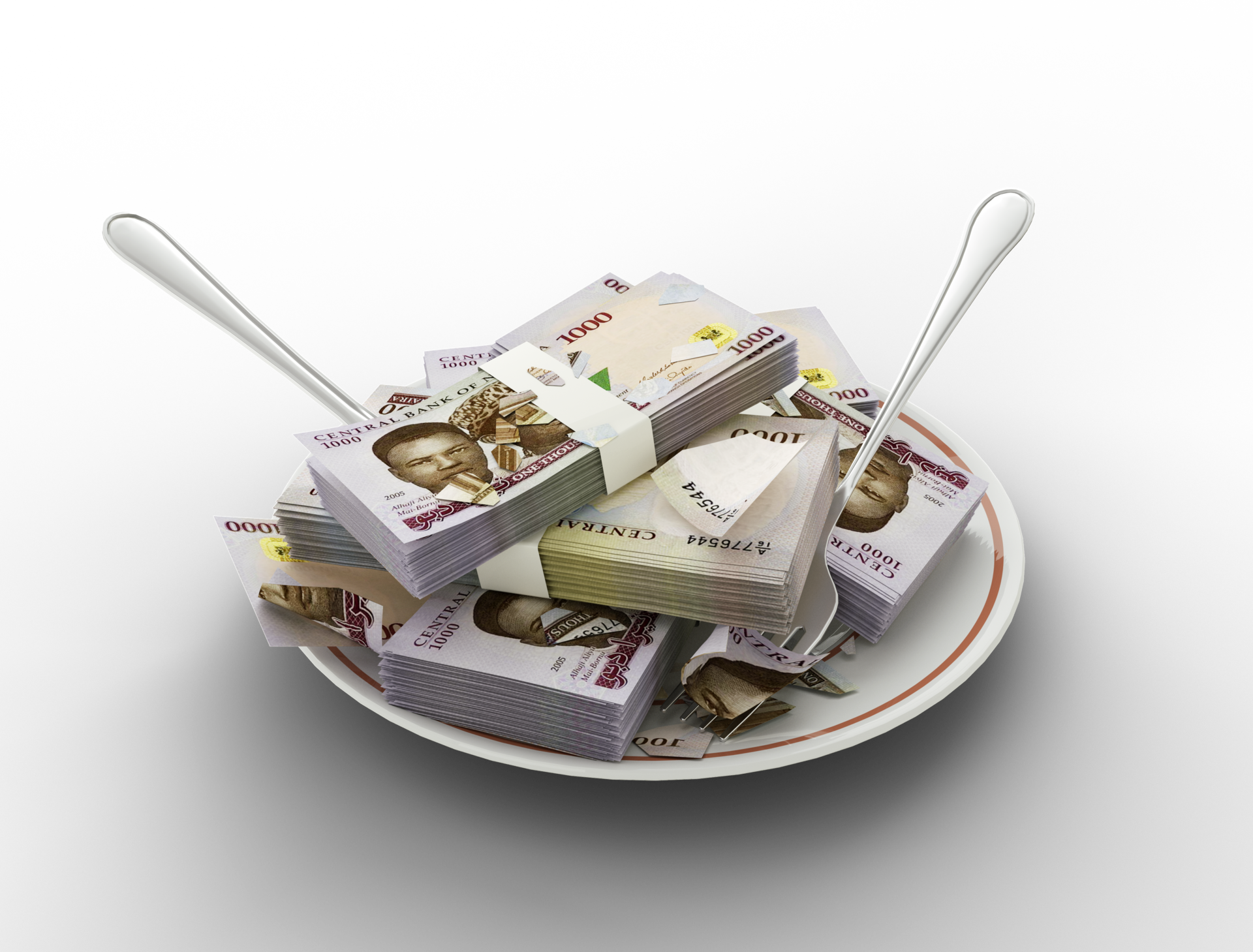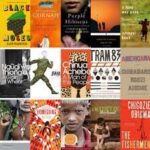In a country where the value of money can make or break everyday life, the Nigerian Naira’s recent rise against the dollar has grabbed headlines.
Yet, amidst this financial seesaw, a less celebrated narrative unfolds—one of escalating food prices that threatens the livelihoods of millions.
Join our WhatsApp ChannelThe Naira’s resurgence, fueled by strategic interventions by the Central Bank of Nigeria, paints a hopeful picture for the nation’s economic recovery. However, this upward trajectory in currency value stands in stark contrast to the harsh reality faced by ordinary Nigerians grappling with the relentless climb of food inflation.
According to the latest data from the National Bureau of Statistics, food inflation in Nigeria reached 40.01 percent in March, marking a historic high. This surge, the fifteenth consecutive increase, underscores the profound challenges of food affordability and accessibility plaguing the populace.
“It’s becoming increasingly difficult to put food on the table,” laments Eze John, a mother of three based in Lagos. “The rising prices have forced me to cut back on the amount of food I sell. We’re just trying to make ends meet.”
A similar sentiment echoes from Chris Edward, a trader struggling to feed her family amidst soaring food costs. “We’re barely managing to eat once a day. It’s a constant battle,” she shares.
READ ALSO: More Economic Burdens For Nigerians As Prices Remain High Despite Naira Appreciation
The ramifications of skyrocketing food prices extend beyond individual households, casting a shadow over the broader economy. Uchenna Uzo, a professor of marketing, warns of tighter budgets and reduced consumer spending, signaling a time of heightened vigilance and adaptation for businesses.
While the Naira’s rebound offers a glimmer of hope, the root cause of Nigeria’s inflation woes lies deeper. The liberalization of the foreign exchange regime, though intended to stimulate economic growth, initially led to a sharp devaluation of the Naira—a factor exacerbating inflationary pressures.
However, recent weeks have witnessed a remarkable turnaround, with the Naira clawing back its lost ground, trading for N1000/$1. Goldman Sachs Group Inc. predicts further strengthening, potentially propelling the Naira to unprecedented levels of stability.
Yet, the euphoria surrounding the Naira’s resurgence must be tempered by the harsh reality on the ground. David Omojomolo, an economist, cautions that while the currency’s recent gains are promising, they come too late to halt the relentless march of inflation.
The World Bank’s grim assessment paints a sobering picture of the human cost of Nigeria’s inflation crisis. Rising inflation coupled with sluggish growth has pushed millions into poverty, underscoring the urgency of effective intervention.
In response, the Central Bank of Nigeria has adopted a tightening monetary policy stance, hiking interest rates in a bid to curb inflation. However, for many, these measures offer little solace amidst the daily struggle for sustenance.
President Bola Tinubu’s declaration of a state of emergency on food insecurity underscores the gravity of the situation. Efforts to mitigate the crisis include comprehensive intervention plans and the distribution of essential grains to vulnerable households.
At the grassroots level, initiatives such as discounted food markets offer a ray of hope for struggling families. However, lasting solutions demand concerted efforts from both state and federal governments to ramp up agricultural production and ensure food security for all.
As Nigeria navigates the complex interplay of currency dynamics and inflationary pressures, the resilience of its people remains a testament to the nation’s enduring spirit. Yet, the path to economic stability and food security demands bold, concerted action—a commitment to uplift the millions grappling with the harsh realities of inflation’s grip.
In a landscape where the value of a currency can fluctuate at a whim, the true measure of prosperity lies not in monetary gains but in the ability of every Nigerian to put food on the table and build a better future for generations to come.
Emmanuel Ochayi is a journalist. He is a graduate of the University of Lagos, School of first choice and the nations pride. Emmanuel is keen on exploring writing angles in different areas, including Business, climate change, politics, Education, and others.


















Follow Us